Doctor and Patient Relationship: The Foundation of Quality Healthcare
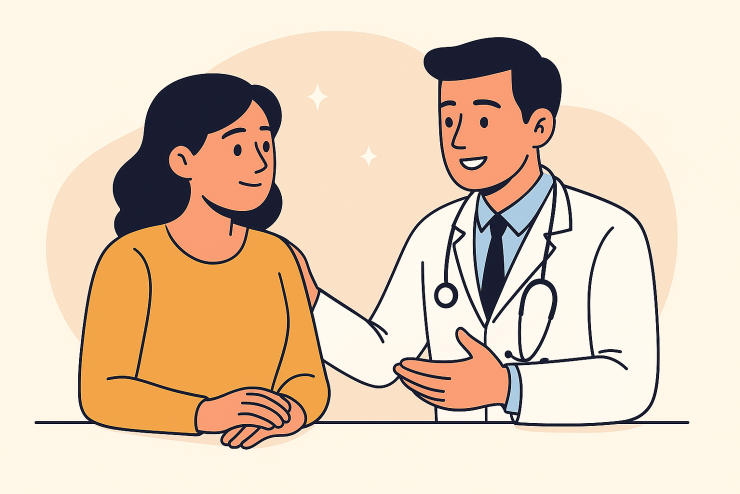
Introduction
The bond between a doctor and a patient is more than a formal agreement. It is a relationship built on trust, respect, and communication. In modern medicine, technology, advanced drugs, and improved facilities play a key role. Yet, none of these can replace the human connection that lies at the heart of healing. Patients feel more secure and motivated when they know their doctor listens, understands, and cares. On the other hand, doctors provide better treatment when patients are open, honest, and cooperative.
This article explores why the doctor-patient relationship matters, how it develops, the challenges it faces, and ways to strengthen it in today’s healthcare systems.
The Importance of Trust

Trust stands as the pillar of this relationship. A patient enters the clinic often with fear, pain, or uncertainty. In that moment, they must place their health, and sometimes even their life, in the doctor’s hands. When trust exists, the patient follows medical advice with confidence. As a result, recovery becomes smoother and outcomes improve.
Doctors also benefit when trust is present. They do not need to spend time convincing patients about every small step. Instead, they can focus on providing the right treatment. Moreover, trust reduces conflicts and increases satisfaction on both sides.
Communication: The Bridge Between Two Sides

No relationship survives without communication, and the medical one is no different. A doctor who listens carefully to symptoms, asks questions, and explains treatment options clearly builds confidence. Patients feel valued when their concerns are taken seriously.
Furthermore, open communication helps avoid misunderstandings. For instance, if a patient misunderstands the dosage of a medicine, complications may arise. Clear instructions prevent such errors. Doctors who use simple language rather than medical jargon connect better with patients of all backgrounds.
Respect and Empathy

Every patient deserves respect, regardless of their age, gender, culture, or financial status. When patients feel respected, they open up about their health problems without fear of judgment. Respect also creates a sense of dignity, which is vital for mental and emotional health.
Alongside respect, empathy plays a major role. Patients want their doctors to understand not just their illness but also their feelings. A kind word, a gentle smile, or a few minutes of extra attention often ease more pain than medicine. Doctors who show empathy remind patients that healthcare is about people, not just diseases.
The Role of Honesty

Honesty strengthens the bond further. A patient expects truthful answers, even if the news is difficult. Hiding facts or giving false hope may bring comfort for a short time, but it eventually damages trust. On the other hand, honest explanations empower patients. They can then make informed choices about their treatment.
Patients also carry the responsibility of honesty. They should not hide symptoms, lifestyle habits, or past medical history. A doctor can only give the best treatment when they know the full picture. Therefore, honesty must flow in both directions.
Challenges in Modern Times

Despite the importance of this relationship, many challenges exist today. First, healthcare systems often put time pressure on doctors. With a long list of patients, doctors may rush consultations. This reduces the quality of interaction and makes patients feel unheard.
Second, technology sometimes creates distance. While electronic health records, telemedicine, and diagnostic tools bring benefits, they also risk replacing face-to-face conversations. A doctor busy with a computer screen may miss the emotional cues of the patient sitting in front of them.
Third, the rise of misinformation online causes friction. Many patients come to clinics with information from unreliable websites. If doctors dismiss these concerns without explanation, patients may lose trust. Handling such situations with patience and education is crucial.
How to Strengthen the Relationship

Improving the doctor-patient relationship requires effort from both sides.
For Doctors:
-
Listen actively: Give patients the time to explain their problems.
-
Explain clearly: Use simple words and examples instead of complex terms.
-
Show compassion: Remember that healing is not only physical but also emotional.
-
Protect privacy: Keep patient information confidential to maintain trust.
-
Encourage questions: Allow patients to clarify doubts without hesitation.
For Patients:
-
Be honest: Share complete medical history and lifestyle habits.
-
Follow advice: Trust the treatment plan and stick to it.
-
Communicate openly: Ask questions whenever something feels unclear.
-
Respect time: Arrive on schedule and avoid unnecessary delays.
-
Stay informed wisely: Use reliable sources when researching health issues.
The Long-Term Benefits
A healthy doctor-patient relationship benefits society as a whole. Patients recover faster, avoid repeated hospital visits, and feel more satisfied with their care. Doctors experience less stress, fewer conflicts, and greater professional fulfillment. In the long run, strong relationships build healthier communities because people are more likely to seek care early and prevent complications.
Conclusion
The doctor-patient relationship is not just a professional contract; it is a partnership in healing. Built on trust, respect, honesty, communication, and empathy, it ensures that medicine fulfills its true purpose: to heal both the body and the mind. Although modern challenges exist, both doctors and patients can overcome them by working together.
When both sides commit to this relationship, healthcare becomes more than a service — it becomes an act of humanity.
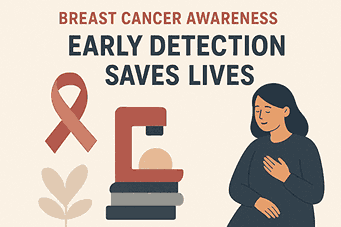
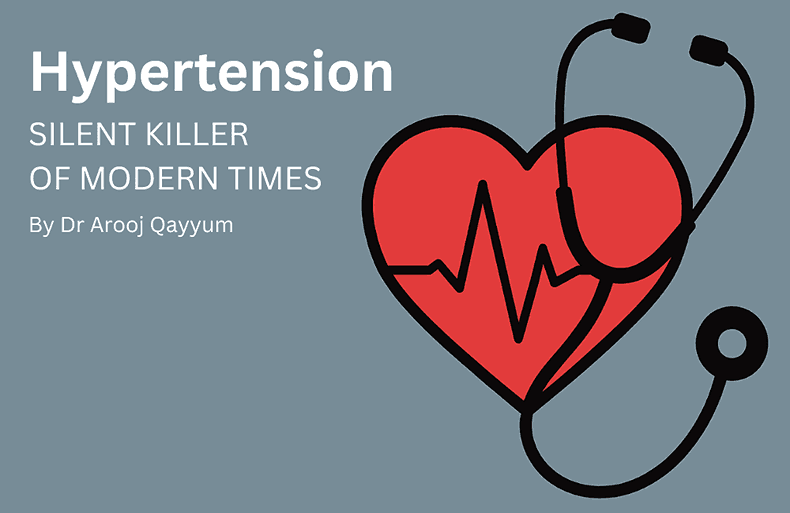
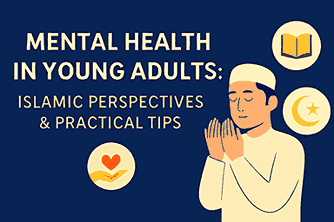

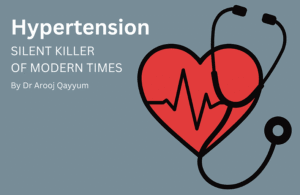
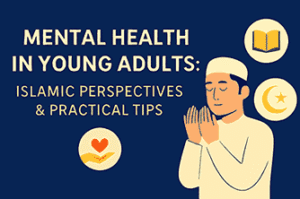
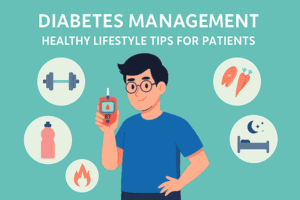
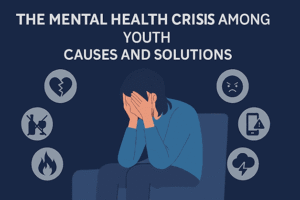
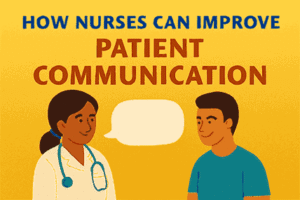
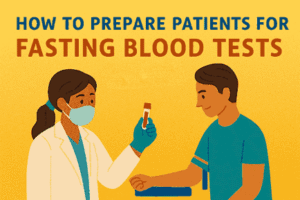
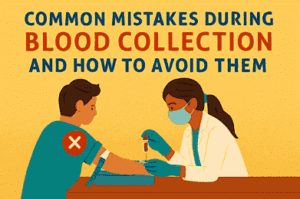

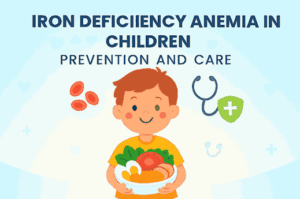
Post Comment